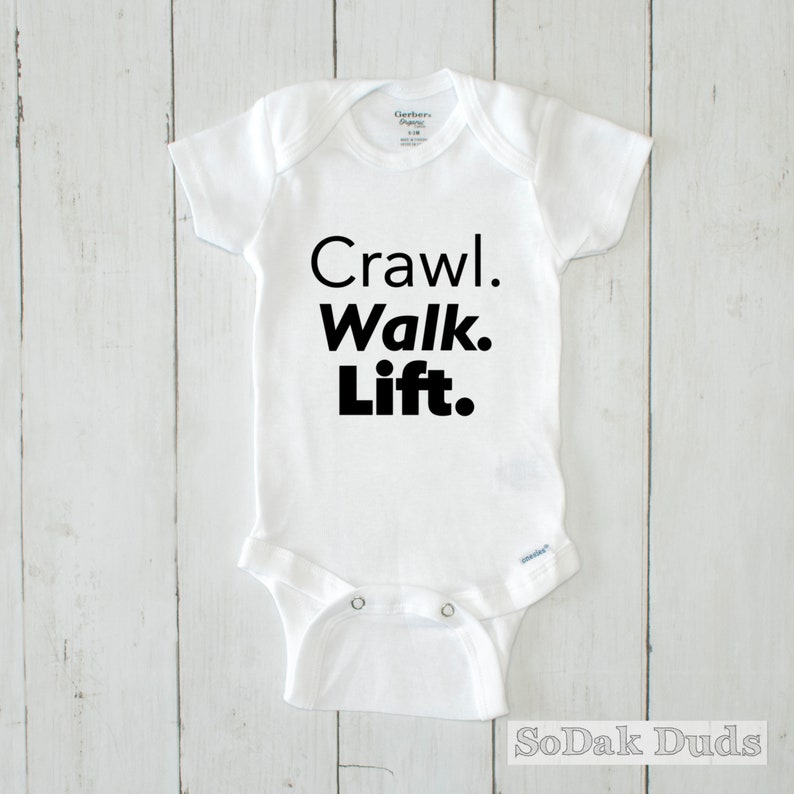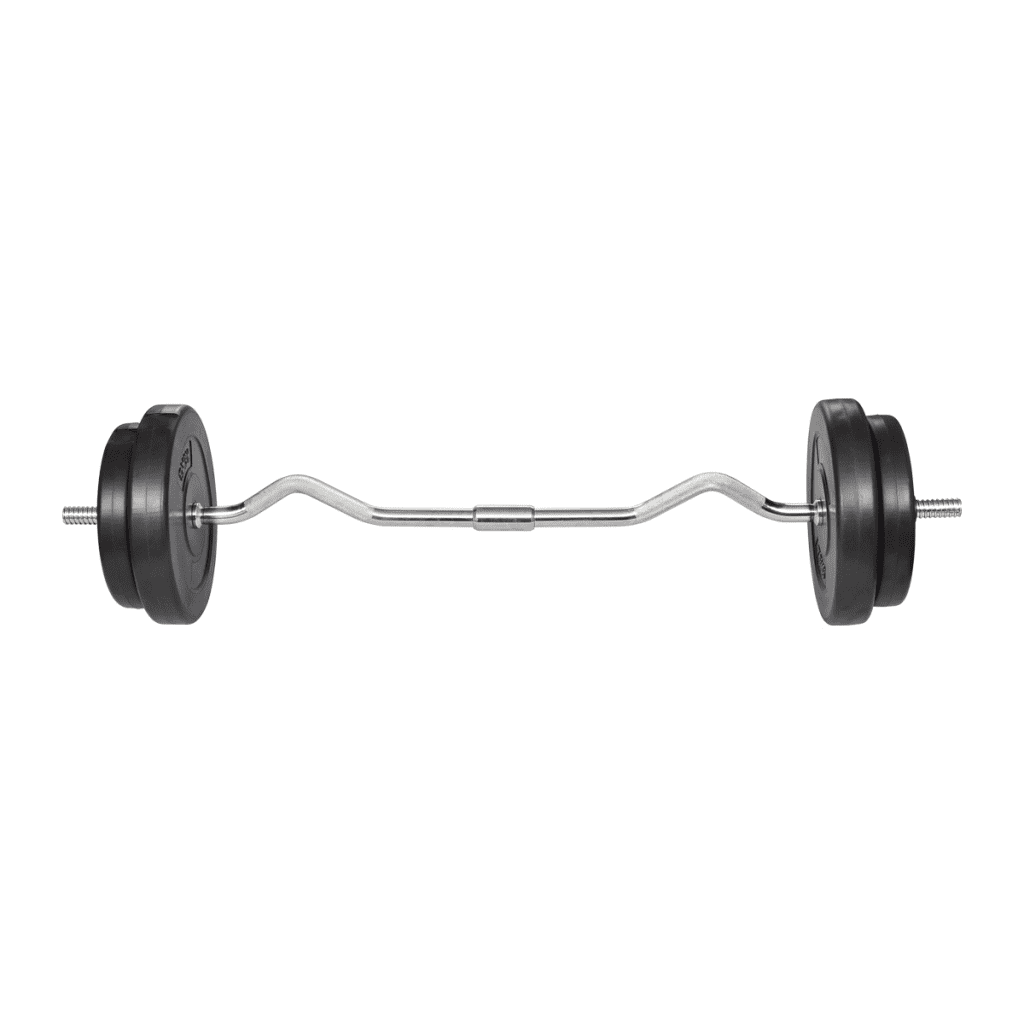
Make sure you eat a snack beforehand, and drink plenty of water before and during exercise. If your eyesight gets blurry in the middle of exercising, you may be dehydrated, or your blood sugar levels may be too low. It’s crucial to have it checked as soon as possible, as this can travel to your lungs or brain. If you have a sharp pain, swelling or redness in your calf, it may be a sign that a blood clot has lodged in a deep vein in your leg (thrombosis) (NICE 2018). Doing regular pelvic floor exercises will help to prevent leaks. It’s easy to confuse this with leaking a little wee ( stress incontinence) while you’re exercising, but see your doctor or midwife to be sure. Some of the amniotic fluid that surrounds your baby in your womb may be escaping. If you're leaking fluid from your vagina, it's possible that your waters have broken. Contact your local maternity or antenatal unit, call your midwife or go straight to accident and emergency. When should I seek urgent help?If you have any of the symptoms below when you’re exercising, stop immediately and seek help. Sudden, severe swelling in the second half of pregnancy can be a sign of pre-eclampsia, which can be harmful to your unborn baby.

Your feet and hands may puff up a little after exercise, but if the swelling is worse than usual, see your doctor. Have water before and during exercise to prevent overheating.Įven if you’re used to lots of exercise, keep high intensity exercise sessions to no longer than one hour (UK Chief Medical Officers 2017). So avoid doing strenuous exercise, especially in hot or humid conditions (ACOG 2015). It can be dangerous to overheat, especially in the first trimester. You may feel hotter when you’re exercising during pregnancy, so it’s important not to over-exert yourself. If you are doing a lot of exercise, make sure you eat enough calories to compensate for this (ACOG 2015). Make sure you eat a small snack before you exercise, although not immediately before exercising. Slow down and rest.įeeling faint is a sign your blood sugar might be low, so stop exercising. If you feel sick while exercising, or vomit, you’re overdoing things. See your doctor or midwife if you have back or hip pain, or any pain in either the front or back of your pelvis. This makes you more prone to injury (POGP 2013). Hormonal changes affect the ligaments that normally support your joints, making them looser and less stable. If you have headaches or heart flutters (palpitations) at the same time as feeling dizzy, it may be a sign that you're dehydrated, or that you haven’t got enough iron in your blood (iron-deficiency anaemia). Mention it to your doctor or midwife if you feel dizzy during or after exercising (Harding 2017). You’re more likely to feel dizzy when you’re pregnant because of the extra blood pumping around your body. Most women find they need to adapt their exercises as their bump grows (UK Chief Medical Officers 2017). If you feel comfortable and are enjoying the exercise, then it’s fine to carry on. Listen closely to your body, so you know when you’re working yourself too hard. Your joints and ligaments may also be more vulnerable to strain because of hormone changes.

You may feel less energetic, and tire more quickly (OTIS 2018). Your body is working hard to give enough oxygen to your baby, so there’s less oxygen available for exercising. As your baby grows, your sense of balance and posture alters.

You will need to make adjustments in pregnancy.

How is exercising different in pregnancy? But do stop if you have any worrying effects while exercising in pregnancy like heart palpitations, abdominal or back pain or feeling very hot, dizzy, sick or faint. Most types of exercise are safe, and far better for you and your baby than doing none. It also makes it easier for you to recover after your baby’s birth. It keeps your muscles strong and flexible, helps with relaxation and soothes physical discomforts.


 0 kommentar(er)
0 kommentar(er)
